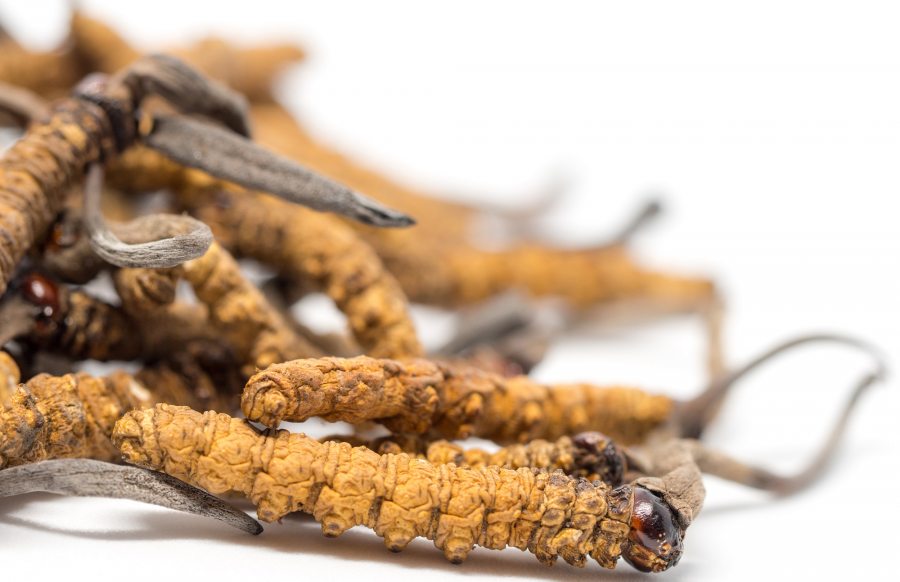Editorial
Harvest wisely
We must follow sustainable practices to prevent extinction of yarsagumba.
Due to the Covid-19 pandemic, images of scores of people hovering over the grass looking for yarsagumba in mountain meadows made few appearances on social and mainstream media this year. The nationwide lockdown caused the harvesters, who camp for almost two months, in May-June, in the yarsagumba-abundant highlands in north-western Nepal, had to shelve their plans. Some of the harvesters who made their way to the meadows surreptitiously faced arrests. When local authorities allowed them to jump in belatedly, the caterpillar fungi had all but decayed.
Those who depend on yarsagumba trade for livelihood stare at a bleak year ahead. Local governments that count on taxes collected from the trade stand to lose millions of rupees this year. But there is a bigger problem lurking around that needs to be taken into account: Harvesters, traders and authorities are ever so intent on exploiting the caterpillar to the point of pushing it to extinction.
The caterpillar is known to be a traditional Chinese and Tibetan medicine for asthma and cancer. But what adds to its importance and enigma is its use as an aphrodisiac, leading to its fetish, mostly among the Chinese. However, researchers have found a worrying trend in the harvest and trade of the caterpillar. While the demand increased after the trade was legalised in Nepal in 2001, its price also increased dramatically, up to 2,300 percent. Resultantly, the abundance of the caterpillar and its per capita harvest have seen a decline.
Apart from commercialisation, researchers have pointed out that climate change has possibly led to a sharp decline in the abundance of the caterpillar. The International Union for Conservation of Nature has said that overharvesting has led to an almost 30 percent decline in caterpillar fungus populations over the past 15 years. So it has included the fungus in the vulnerable category. If the government acts on the IUCN’s warning, it means a partial, if not complete, ban on the harvest, leading to deprivation of the means to livelihood for thousands of people in the upper mountains.
It would be folly to think that we are entitled to exploit nature as much as we can in exchange for money. The greed for profit means that the natural resources will deplete to naught in the course of a generation or two. With the abundance of biodiversity comes great responsibility to conserve it for the future generation. The government and other stakeholders must, therefore, contemplate how we are to avoid giving in to the fetish and demand for the caterpillars and think, rather, about how to balance environmental sustainability and livelihood.
The government must begin to create awareness among the locals about the perils of overharvesting. Most importantly, it must educate itself on such perils and acknowledge that the conservation of biodiversity is as important as collecting taxes, if not more. It is already getting late for the government and the stakeholders to begin sustainable harvesting practices so that the caterpillars—and the economic benefits that come with them—do not go extinct.
***
What do you think?
Dear reader, we’d like to hear from you. We regularly publish letters to the editor on contemporary issues or direct responses to something the Post has recently published. Please send your letters to [email protected] with "Letter to the Editor" in the subject line. Please include your name, location, and a contact address so one of our editors can reach out to you.




 20.12°C Kathmandu
20.12°C Kathmandu













